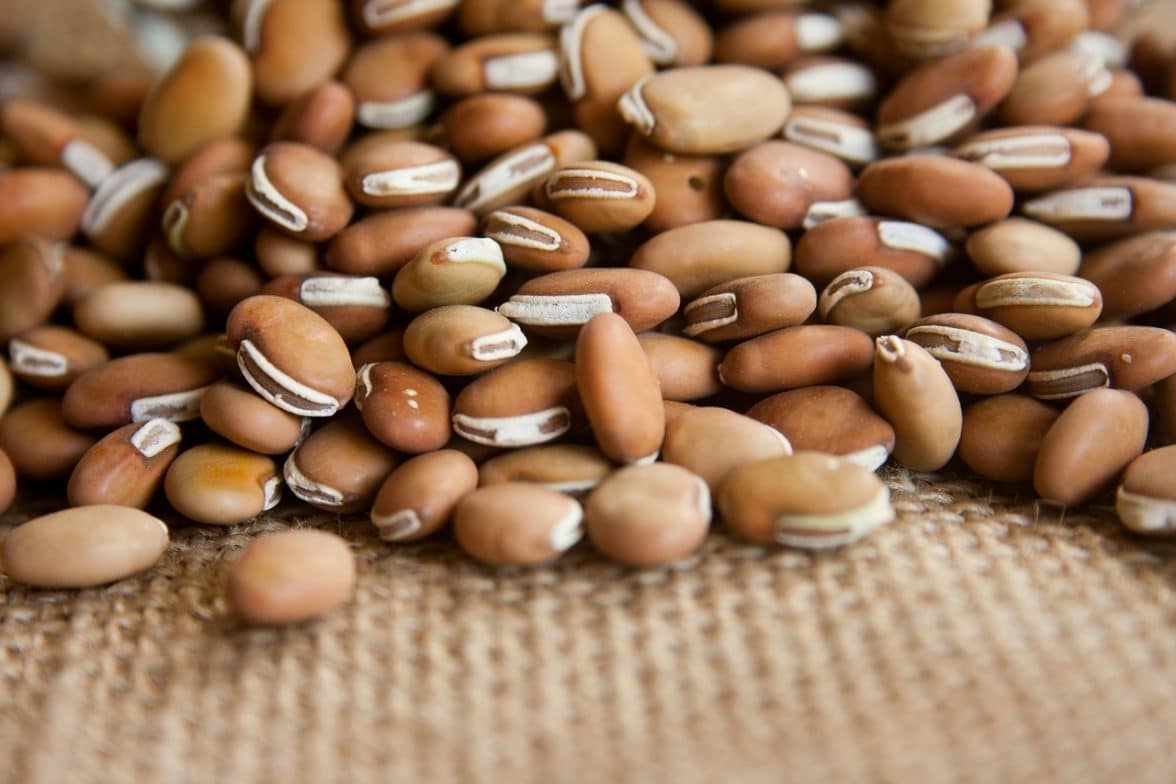The Processors and Growers Research Organisation (PGRO) has released a “Blueprint for UK Pulses in a post-Brexit world’ to present its proposals for meeting the challenge of future funding for UK agriculture.
“More than ever, the UK needs to focus on sustainability, the environment and public good, and in this context, pulses are under-represented,” says Roger Vickers, Chief Executive of PGRO. “The changes and challenges of Brexit present an opportunity for growers, researchers and traders to realise the full potential of pulses (protein crops/legumes such as dry peas and beans/vegetable legumes).
“There are key benefits to be gained as the evidence for pulses and the environment shows clearly that their inclusion in farming rotations significantly improves biodiversity, crop productivity and soil fertility – while reducing greenhouse gas emissions and pollution.
“Enormous quantities of soya and other oilseeds are consumed in the UK animal feed industry annually and this is the main cause of the annual protein deficit. Increased UK pulse production can significantly offset this trading and environmental imbalance.
“By educating and giving a lead to dietary change to include a greater proportion of vegetable protein in the form of pulses and pulse-derived ingredients, there is a huge opportunity to bring major societal and economic benefits and reduction in health care costs.”
There are challenges to realising these benefits, acknowledges Vickers. Supply and demand in the UK market is inconsistent and not accurately reported, hampering market development. Also, the niche crop status of pulses has traditionally minimised commercial investment and limited productivity improvements. Further, decades of policy focus on oilseeds and cereals – with the lack of any UK protein policy – has severely limited public funding for research to enhance genetic variability, pulse crop diversification and value in the legume supply chain.
However, PGRO is confident that the UK can achieve the benefits of having a strong and healthy pulse sector, and the report proposes 10 strategic actions:
- Encourage cropping for environmental good. Specifically targeting pulses and vegetable legumes to aid the sustainability of UK food production systems in agriculture.
- Take an approach to crop protection and nutrition to assist the production of pulse crops, ensuring more economic productivity and reliability.
- Incentivise the feeding of UK-produced plant proteins to drive local demand and fuel production.
- Stimulate investment of private equity in industrial processing and ingredient manufacture to kick-start demand and to drive increased, more efficient production and add value.
- Increase the education of growers and the supply chain about the environmental and economic benefits of pulse production.
- Set out a clear strategy of education in schools via the national curriculum to stress the health benefits of pulses, food origins and to encourage healthy eating choices.
- Require public procurement and service providers to take a lead in the provision of healthy pulse-based diets and education initiatives.
- Require Government departments to collate and distribute timely, accurate public supply statistics.
- Set up a market and research development platform with trade and research organisations to identify research priorities for funding initiatives with a unified approach.
- Use public funds for public good research directed at agronomic risk reduction, developing UK traits for genetic improvements, pulse crop diversification and added-value processing.
Source: Processors and Growers Research Organisation











